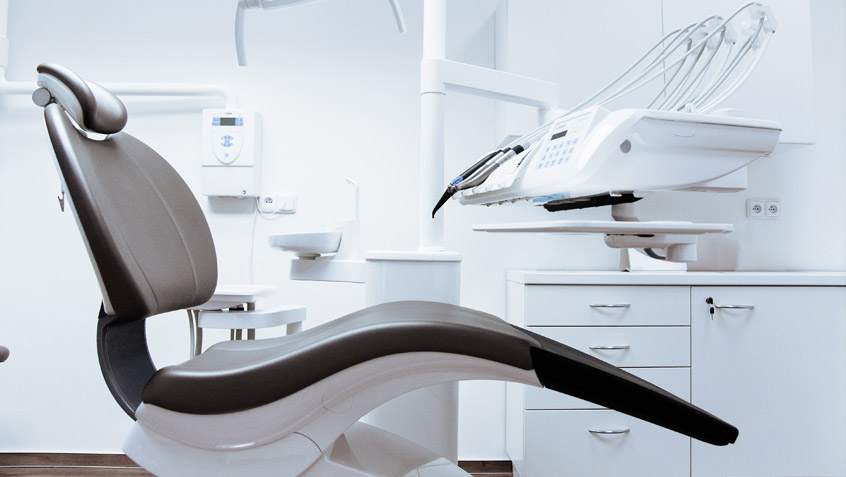Join Us Live for a Discussion on Medicare, Democracy, and the Future of Health Care
Final Installment of Helpline Trends Report Series Examines Need for Comprehensive Medicare Dental Benefit

In 2020–2021, the need for a comprehensive Medicare dental benefit drove around 5% of all Helpline calls. Original Medicare covers few dental services. While Medicare Advantage (MA) plans can offer oral care as a supplemental benefit, they typically only cover very basic services, such as cleanings and x-rays. MA plans may also limit the annual benefit amount, their cost-sharing percentage, and the enrollee’s choice of provider. For example, in 2021, among MA enrollees with some dental coverage, 88% had plans with frequency limits, 78% had a cap on care, 59% had a maximum benefit of $1,000 or less, and the most common coinsurance rate was 50%.
Given this landscape, we frequently hear from people with Original Medicare and MA who are on the hook for expensive dental bills, or who are forced to go without critical, necessary care due to affordability concerns—many of whom are experiencing worse oral and overall health as a result.
Medicare Improvement Opportunities
A recent Kaiser Family Foundation (KFF) report found that nearly half of the Medicare population—24 million people—lacked dental coverage in 2019. This translated into low utilization rates, particularly among communities of color: 47% of beneficiaries reported not having a dental visit in the past year, but rates were higher among those who were Black (68%), Hispanic (61%), had low incomes (73%), or were in fair or poor health (63%). Racial and ethnic minorities are also more likely to experience serious oral health problems. Black Medicare enrollees are twice as likely to have complete tooth loss and untreated cavities than are white enrollees.
Because oral health is tied to other aspects of physical health, the effects of poor or forgone dental care can quickly snowball, leading to intensive needs and higher costs, to the detriment of the enrollee and the program. As KFF notes, “(l)ack of dental care can exacerbate chronic medical conditions, such as diabetes and cardiovascular disease, contribute to delayed diagnosis of serious medical conditions, and lead to preventable complications that sometimes result in costly emergency room visits.” Previous analysis has shown a Medicare dental benefit could save the program $63.5 billion over ten years, largely due to reduced spending on preventable hospital stays and acute care.
Policy Recommendations
Medicare Rights supports providing comprehensive oral—as well as vision and hearing—coverage within Medicare Part B. This should be a core benefit, not a standalone or supplemental design. The latter approach would undermine the universality of the program and the efficacy of the coverage. It would also be more challenging to navigate and administer, in part due to confusion and payment issues that would arise when it is unclear which part of Medicare should be covering a service.
For too long, policies have separated the mouth from the rest of the body even though the connection between oral health and overall health is well documented. Expanded coverage would reduce costs to Medicare by preventing the need for more acute care later, and by strengthening treatment for persistent medical conditions already covered by the program including cancer, diabetes, and heart disease. We urge Congress to act without delay to fill this harmful gap in Medicare coverage.
Read the report, Medicare Trends and Recommendations: An Analysis of 2020-2021 Call Data from the Medicare Rights Center’s National Helpline.
Read the first, second, and third installments of our Helpline Trends report series.
Read more about the need for medically necessary dental care in Medicare.
Show Comments
We welcome thoughtful, respectful discussion on our website. To maintain a safe and constructive environment, comments that include profanity or violent, threatening language will be hidden. We may ban commentors who repeatedly cross these guidelines.
Help Us Protect & Strengthen Medicare
Donate today and make a lasting impact
More than 67 million people rely on Medicare—but many still face barriers to the care they need. With your support, we provide free, unbiased help to people navigating Medicare and work across the country with federal and state advocates to protect Medicare’s future and address the needs of those it serves.
The Latest
Most Read
Add Medicare to Your Inbox
Sign up to receive Medicare news, policy developments, and other useful updates from the Medicare Rights.
View this profile on InstagramMedicare Rights Center (@medicarerights) • Instagram photos and videos









